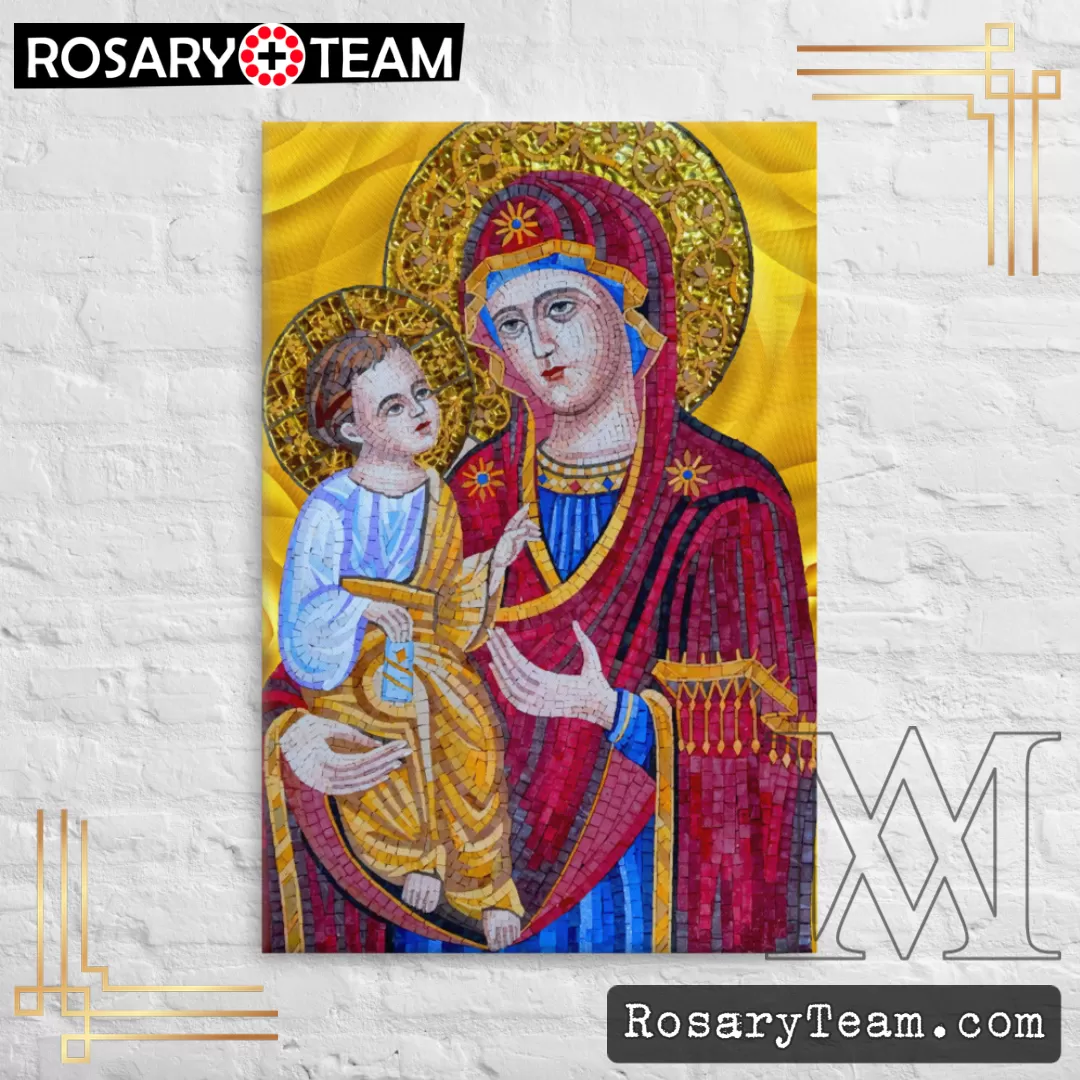Thursday, March 3 : Saint Anastasius of Antioch

“Behold, we are going up to Jerusalem and the Son of man will be handed over to the chief priests and the scribes to be scourged, mocked and crucified” (cf. Mt 20:18). When he said this to his disciples Christ was making known those things that conformed to the predictions of the prophets, for they had foretold how his death would necessarily take place in Jerusalem (…). We understand why God’s Word, who under other circumstances was incapable of suffering, had to undergo the Passion, because humankind could not have been saved in any other way. He alone had known about it together with those to whom he had revealed it. Indeed, he knew everything that comes from the Father; this is how “the Spirit sees even to the depths of the divine mysteries” (cf. 1 Cor 2:10). “It was necessary for the Christ to suffer” (Lk 24:26): it was absolutely impossible that the Passion should not have happened, as he himself affirmed when he called “slow to believe” and “foolish” those who did not understand that the Christ had to suffer in this way to enter into his glory (Lk 24:25). For he came to save his people by forsaking “the glory he had with the Father before the world began” (Jn 17:5). This salvation consisted in the perfection to be fulfilled through his Passion and bestowed on the author of our life who, according to Saint Paul’s teaching: “became the author our life when he attained perfection through his suffering” (cf. Heb 2:10). Now we see how the glory of the only-begotten Son from which, for a while, he had been separated for our sake, was restored to him through the cross in the flesh he had assumed. Effectively, Saint John speaks of it in his gospel when he explains what that water was of which our Lord said that it would: “flow from within the believer’s heart like rivers”. He said this in reference to the Spirit that those who came to believe in him were to receive. There was, of course, no Spirit as yet because “Jesus was not yet glorified” (Jn 7:38-39). What he called his glory was his death on the cross. Which is why, when our Lord prayed before undergoing crucifixion, he begged the Father to grant him that “glory which he had with him before the foundation of the world”.
Roman Catholic Ordinary Calendar – rosary,team
















